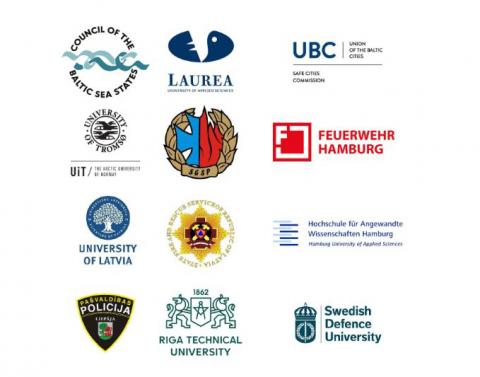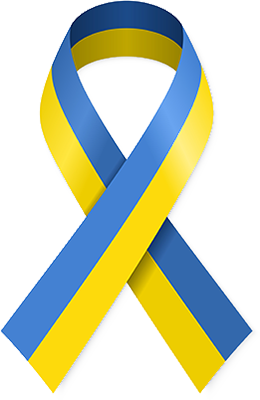The Needs-based education and studies in societal security (NEEDS) project is addressing the skills gap and mismatch between the societal security education and the knowledge needs in the field as well as the fact that there is a lack of structured transnational cooperation and dialogue between Higher Education Institutes, practitioners, and experts in tackling these issues.
Strengthening societal security for the long run
By bridging these gaps, the educational experiences of the next generation tasked to work in the field of societal security will be enhanced and enriched with the most relevant, field-specific and up-to-date knowledge and skills and consequently. They will be better equipped to deal with future societal security challenges. Societal security is interdisciplinary, multi-level and transnational in nature. In part, it can be understood by looking at the concept of resilience and society’s ability to prepare, respond, recover, and learn from intentional and unintentional events that disrupt the functioning of society.
Transnational approach to transnational challenges
The fact that crises do not respect state borders means that an important part of the future skills-set includes the ability to work internationally. This skills-set does not just appear. It is a skill that needs to be created by fostering flexibility, cultural sensitivity, and cooperation across borders.
The countries in the Baltic Sea Region have several common societal security challenges due to their geographical proximity and functional interdependencies. The fact that neighbouring countries often provide support when a crisis strikes is yet another important motivation for improving transnational cooperation. Despite the fact that NEEDS primarily focuses on the Baltic Sea Region, the results may also be relevant for other regions.
The NEEDS project will meet these societal security challenges by 1) developing common learning materials for a short online course on societal security in the Baltic Sea Region as well as 2) establishing a “community of professionals” network and an interface for collaboration. Transnational and cross-sectoral teams will be the centre of these efforts and they will draw upon an innovative pedagogical approach in doing so. Nurturing strategic partnerships and cooperation will strengthen trust and deepen understanding between sectors and countries in the Baltic Sea Region, helping to improve common efforts and reduce the risk of conflict and misunderstanding.
The seeds to NEEDS
The proposal for NEEDS was initiated in a seed-funded project with the aim of strengthening connections between Higher Education Institutes, experts and practitioners in the field of societal security in the Baltic Sea Region. Within the scope of this project, a survey and a preliminary mapping of the current selection of educational programmes in societal security in the Baltic Sea Region was conducted. The findings indicated the strong desire and need for more emphasis on education related to ‘resilience’ in the Baltic Sea Region.
With all of these different aspects serving as a backdrop, the project partners were in unison that the first step in moving forward would be to enhance the current learning materials in order to have a stronger focus on societal security as well as to increase transnational exchanges by creating an online community.
One key element in pursuing this ambitious goal is the fact that the project mirrors the diversity of those working with societal security issues in the Baltic Sea Region: Higher Education Institutes and experts contribute to developing high quality needs-based education, and practitioners and professionals ensure relevance and a strong connection to real-life circumstances. Students will assist in designing and testing of the new learning materials in exchange for becoming more familiar with the challenges that experts, practitioners and policy makers face in their daily work.
Transnational partnership
The transnational partnership of NEEDS also allows the project to draw upon the knowledge and insight of the various national contexts. This strengthens the project and enables it to build a pedagogical approach that takes into account the transnational cooperation aspect. Several partners have vast experience in teaching and training students in risk assessment and reduction as well as risk and crisis management. These perspectives truly enrich the project’s activities. Each partner will bring onboard their own understanding of societal security, allowing the project to reach a high level of sophistication in the development of new educational materials.
More information: Kaspars Vārpiņš, kaspars.varpins@liepaja.lv
![]()


